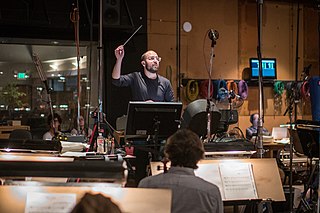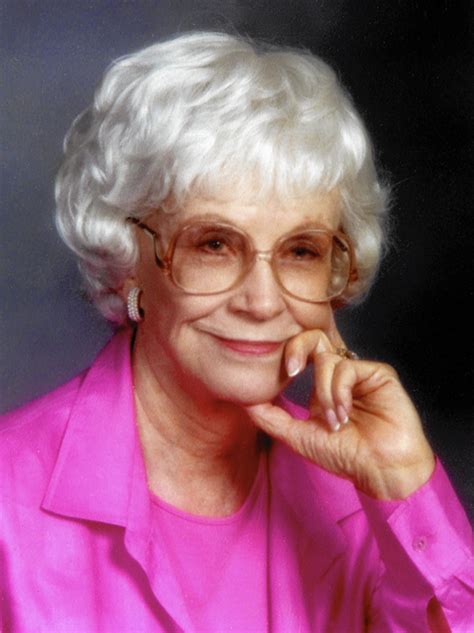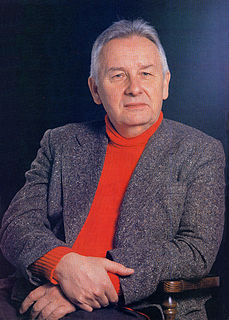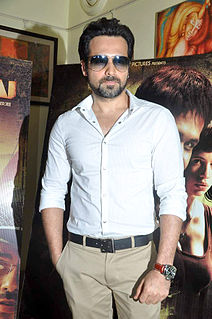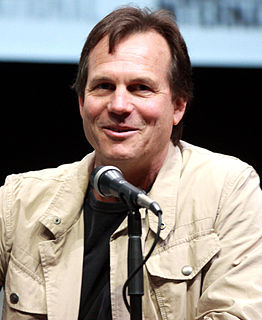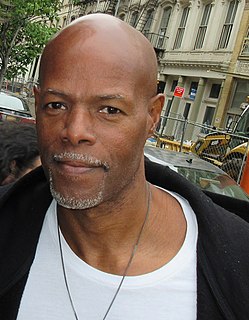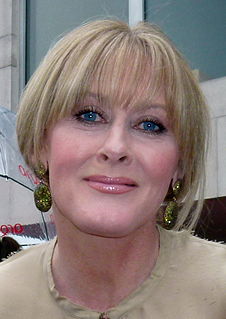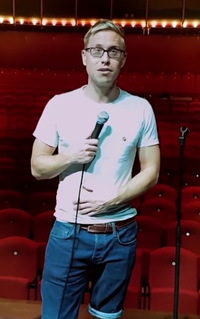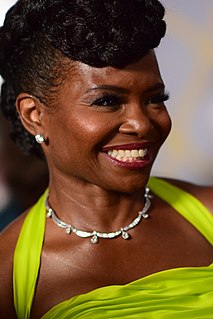A Quote by Erica Jong
it is not unusual to hate great writers before we learn to love them. Because they have created something that did not yet exist, they must also create their audience. Sometimes the audience is not yet ready. Sometimes it has yet to be born.
Related Quotes
An audience is the perfect thing to unleash venom and hate on. It doesn't necessarily mean you hate everyone in the audience but when you've got a so-called adoring mass in front of you, it's a perfect target for that kind of disgust. Sometimes you find yourself in a position where you're venting your disgust on an audience and a lot of them keep coming back 'cos they actually like that aspect. In a way that diffuses the feeling and you don't gel the same release.
Whatever field you can do that, that's where you want to do it, and I think that's why people like David Fincher and Ridley Scott are interested in it, too, because when you sit down on a meeting in HBO and they're like, "More, more." You're just like, "Oh yeah, I love this." Sometimes it's a little harder in film. I think also it's a great audience, take advantage of it. It's a great audience.
It's such a wonderful feeling to watch a child discover that reading is a marvelous adventure rather than a chore. I know that many writers for children say they do not write specifically with a child audience in mind ... This isn't true for me. I am very aware of my audience. Sometimes I can almost see them out there reacting as I write. Sometimes I think, 'Oh, you're going to like this part.
I do not choose my listeners. What I mean is, I never write for my listeners. I think about my audience, but I am not writing for them. I have something to tell them, but the audience must also put a certain effort into it. But I never wrote for an audience and never will write for one, because you have to give the listener something and he has to make an effort in order to understand certain things.
In anything really, it's finding the reality. You can't be 'real,' but you can create a reality. And that created reality is what the audience believes in. And that's essential. Because if the audience doesn't believe that, they're never going to trust you. And if they don't trust you, you can't lead them up the mountain.
Making a show is also economics. Because the irony is, or the shame of it is, you cannot create a show instantaneously. It needs to be massaged. You need to see who is relating to who. How is it working with the audience? You need to give it a chance for the audience to find it, because there are so many outlets. And the audience doesn't know where to go.

